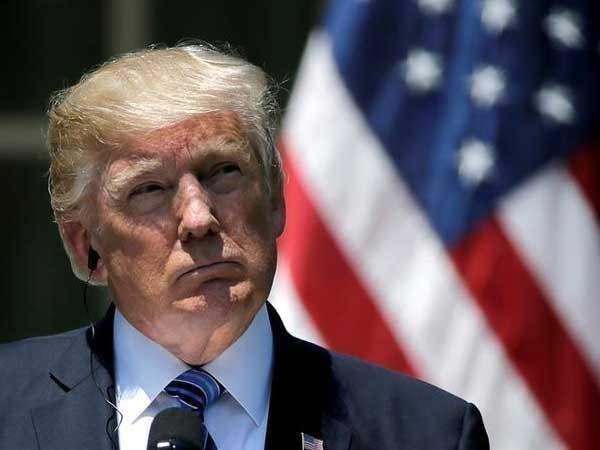Washington: US President Donald Trump’s administration said that it would delay a decision to impose steel and aluminium tariffs on the EU, Canada and Mexico for another 30 days, giving Washington’s key allies a reprieve, the media reported.
The 25 per cent tariffs on steel and 10 per cent on aluminium were slated to go into effect on Tuesday, reports The New York Times.
The administration, which granted temporary exemptions to a handful of countries in March, said on Monday it had reached initial agreements with Argentina, Australia and Brazil that would allow them to avoid the tariffs, at least for now.
Details of those agreements will be finalised in the next 30 days, the White House said in a statement.
“In all of these negotiations, the Administration is focused on quotas that will restrain imports, prevent transshipment, and protect the national security,” CNN quoted the statement as saying.
The White House said it has also “reached a final agreement with South Korea on steel imports”, which were part of the administration’s renegotiation of the US-South Korea free trade agreement.
The decision comes days after French President Emmanuel Macron and German Chancellor Angela Merkel personally lobbied Trump in Washington last week not to bring the steel and aluminium tariffs down on the European Union.
The prolonged exemptions for Canada and Mexico come as the Trump administration is working to renegotiate the North America Free Trade Agreement among the three countries.
If the tariffs do go into effect after the 30-day reprieve, Europe has promised swift retaliation, The New York Times reported.
It has drawn up a lengthy list of American products it would penalise in return, including orange juice, cranberries, motorcycles and jeans.
It has also asked to join a dispute China brought at the World Trade Organisation against the tariffs.
In a statement late Monday, the British government said the move was “positive” and that it would work with American and EU negotiators for a permanent exemption.
IANS

